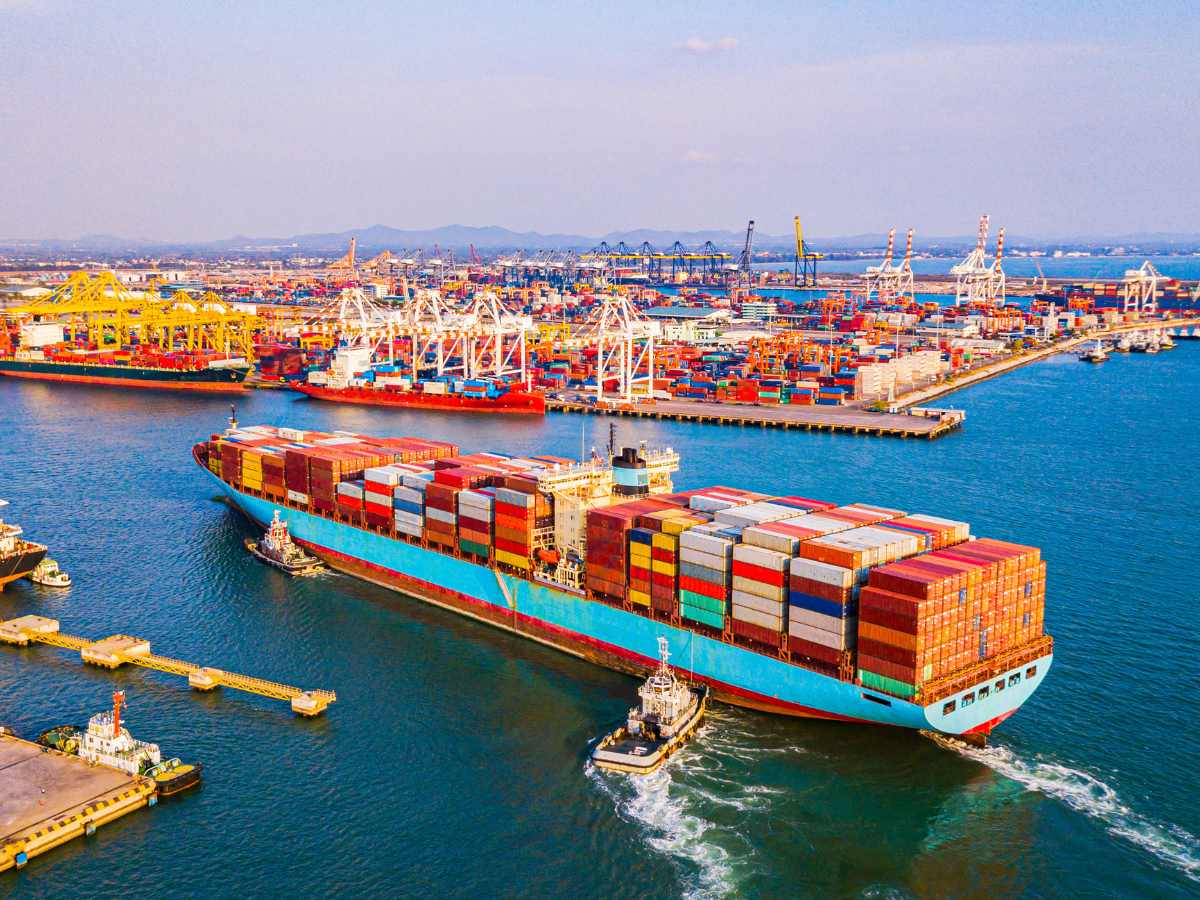India seeks to settle ICT trade dispute with EU
India contemplates resolving trade dispute with the European Union

India seeks to be more flexible and resilient to rectify the import duty disputes with the European Union on certain information and technology products through the proposed free trade agreement which is currently in active negotiations state.
India is supposed to take positive steps to resolve the trade dispute with the European union to make out essential efforts to smooth the import trade with other nations. In 2019, according to WTO [World Trade Organization] it was assumed that India was levying higher import duties on trading-equipped nations to intensify its domestic goods growth. This was stunned into severe allegations by WTO’s sovereign authorities.
Join PSU Connect on WhatsApp now for quick updates! Click here
 Read Also : Farewell to Shri Praveen Anantrao Pandey, Executive Director of NTPC Tapovan Vishnugad
Read Also : Farewell to Shri Praveen Anantrao Pandey, Executive Director of NTPC Tapovan Vishnugad
India-EU suitable mutual agreement settlement:
The literal significance was based on the fact that India is strategically targeting to boost its electronics manufacturing industries. With introducing PLI SCHEME [production-led incentive] was more exemplified to cut its major reliance on China and other importing trading partners.
A suitable mutual agreement is set to be established following a high-level trade and tech council meetings between India and the EU to discuss the long outstanding issues. One of the known contentious dispute arguments is that India has levied higher import duties on a wide range of ICT products including mobile phones and components, base stations, integrated circuits and optical instruments, which is claimed to be inconsistent with global trade norms and hurting 600 million euro worth of its tech exports to India.
Read Also : Minister Satish Chandra Dubey inaugurates new Continuous Miner during his SECL VisitAs a part of the discussion, the EU has sought some duty concessions from india on these import products while it was again argued by india that it could not be biased against other nations as it would breach the global trade norms. According to India’s genuine statement, it can provide concessions under a free trade agreement but not under MFN because under MFN which is abbreviated for most favoured nations, a WTO member country can not give import duty concessions of goods only to one country or region as it would be a violation of certain global trade norms.
ROLE OF INDIA IN THE WTO NEGOTIATIONS:
India has been a member of WTO since January 1995, and also had been a member of the WTO’s forerunner General Agreement on Tariffs and Trade since july 1948. India is at the forefront of efforts to change WTO subsidy regulations so that poor nations can hold public food stocks for the sake of food security.
Read Also : NMDC Ltd total production rises in June month of 2025